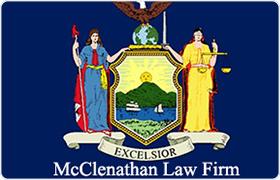 Manchester Family Law Lawyers, New York
Manchester Family Law Lawyers, New York
Sponsored Law Firm
-
 x
x

Click For More Info:
-
McClenathan Law Firm
4358 Culver Rd, Rochester, NY 14622» view mapFamily Law Going The Extra Mile
I am a seasoned attorney with over ten years and 500 family court cases to my credit. I'm proud to say that most clients single me out as an attorney who listens.
800-880-4920
Includes: Collaborative Law, Domestic Violence & Neglect, Paternity, Prenuptial Agreements
Lawyers
1-3 of 3 matches



 Edward McClenathan Rochester, NY
Edward McClenathan Rochester, NY Practice AreasExpertise
Practice AreasExpertise